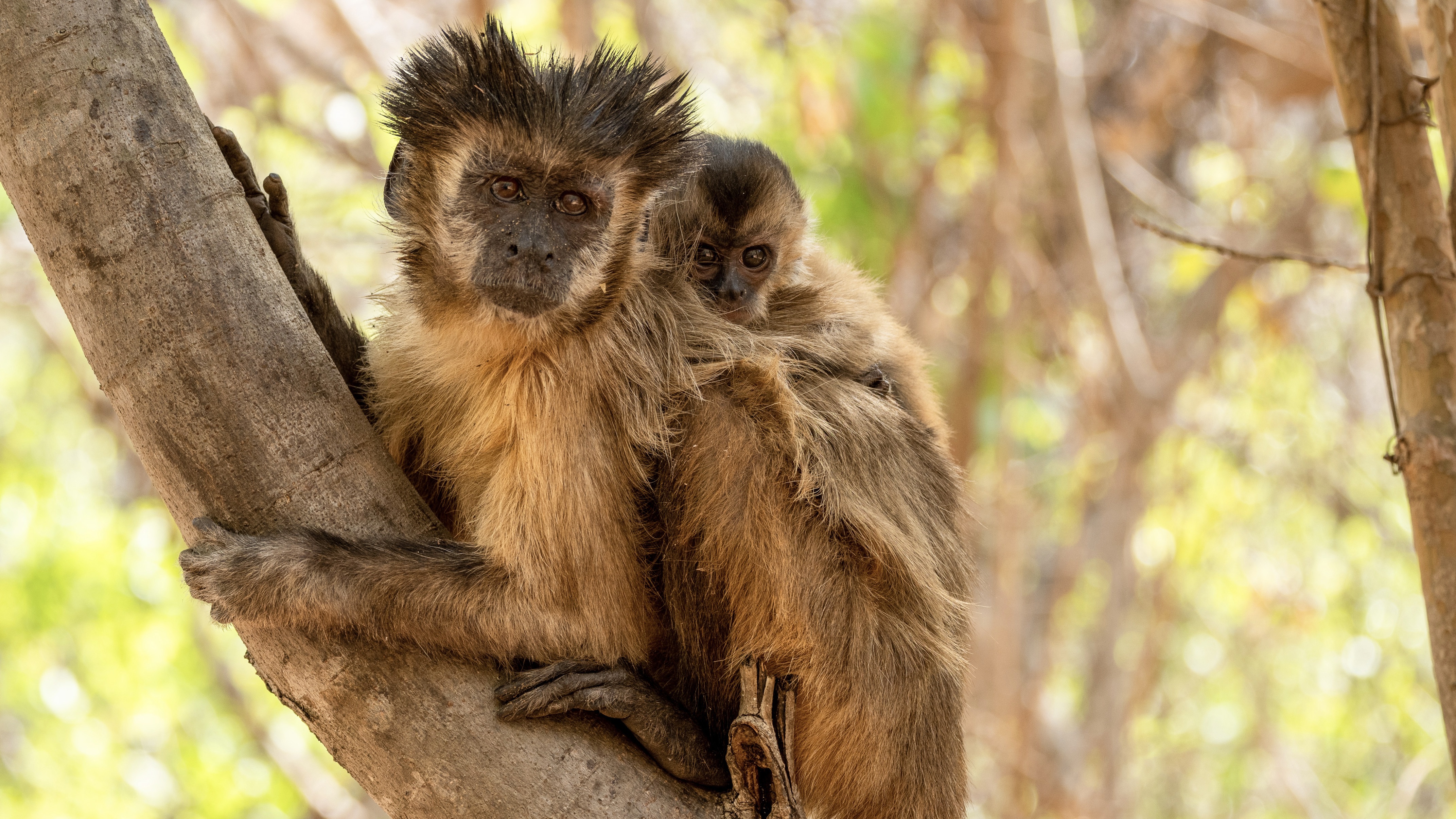
Mammals, narrated by Sir David Attenborough, tells the remarkable story of how mammals have used their incredible resilience and adaptability to survive against the odds.
The six-part series showcases a range of animals in diverse habitats across the globe and explores their extraordinary capacity for evolution on a rapidly changing planet.
Here’s everything we know about Mammals…
Sir David Attenborough's Mammals release date
The series began on Easter Sunday, March 31 at 7pm on BBC One and finished on Sunday, May 5 at 7 pm. The whole series is now available on BBC iPlayer.
The documentary will air on BBC America and AMC+ in the US in the summer.
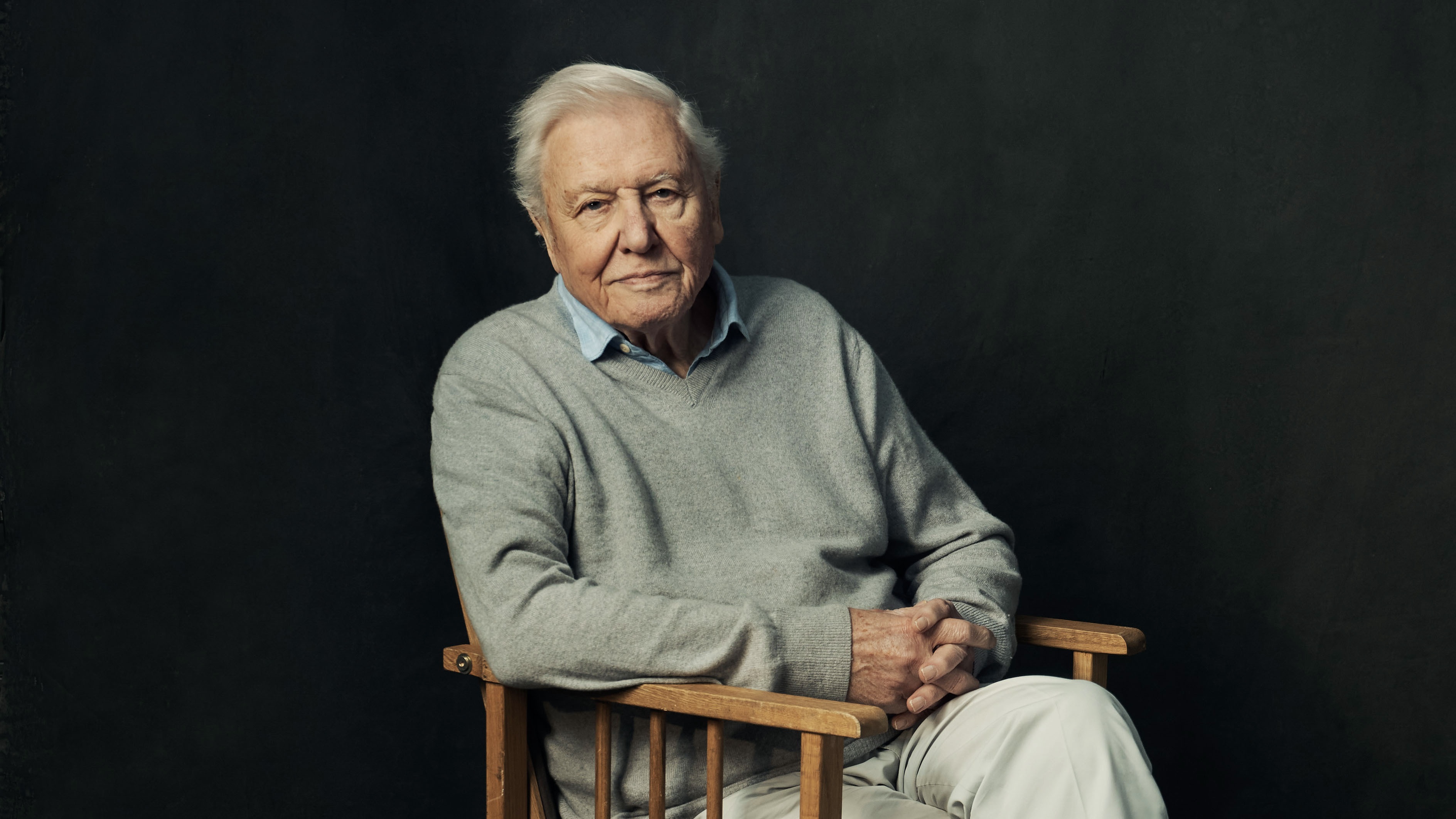
What is Mammals about?
The series reveals how the extinction of the dinosaurs some 66 million years ago allowed mammals to become the most successful group in the animal kingdom.
It uses cutting-edge technology to explore how many of the 6000 mammal species use their intelligence, ingenuity and social bonds to thrive in a variety of tough habitats, as human activity has an increasing impact on their lives.
“Mammals are adaptable and found in every ocean and continent,’ explains Sir David Attenborough, whose most recent credits include Planet Earth III and Attenborough and the Giant Sea Monster. “We reveal the secrets of their success and the challenges they face in a world dominated by the most successful mammal of all – us. There are astonishing sequences that take my breath away.”
Mammals episode guide
Episode One: Dark
The opener reveals how two-thirds of mammals are nocturnal and rely on heightened senses at night.
“An amorous armadillo in Argentina uses smell to find a mate, a fennec fox in the Sahara has huge ears to hear prey and we witness teamwork with a hyena hunt in Tanzania,” series producer Scott Alexander tells What To Watch.
“We also have a leopard hunting baboons in Zambia using her night vision, it’s extraordinary,” adds executive producer Roger Webb.
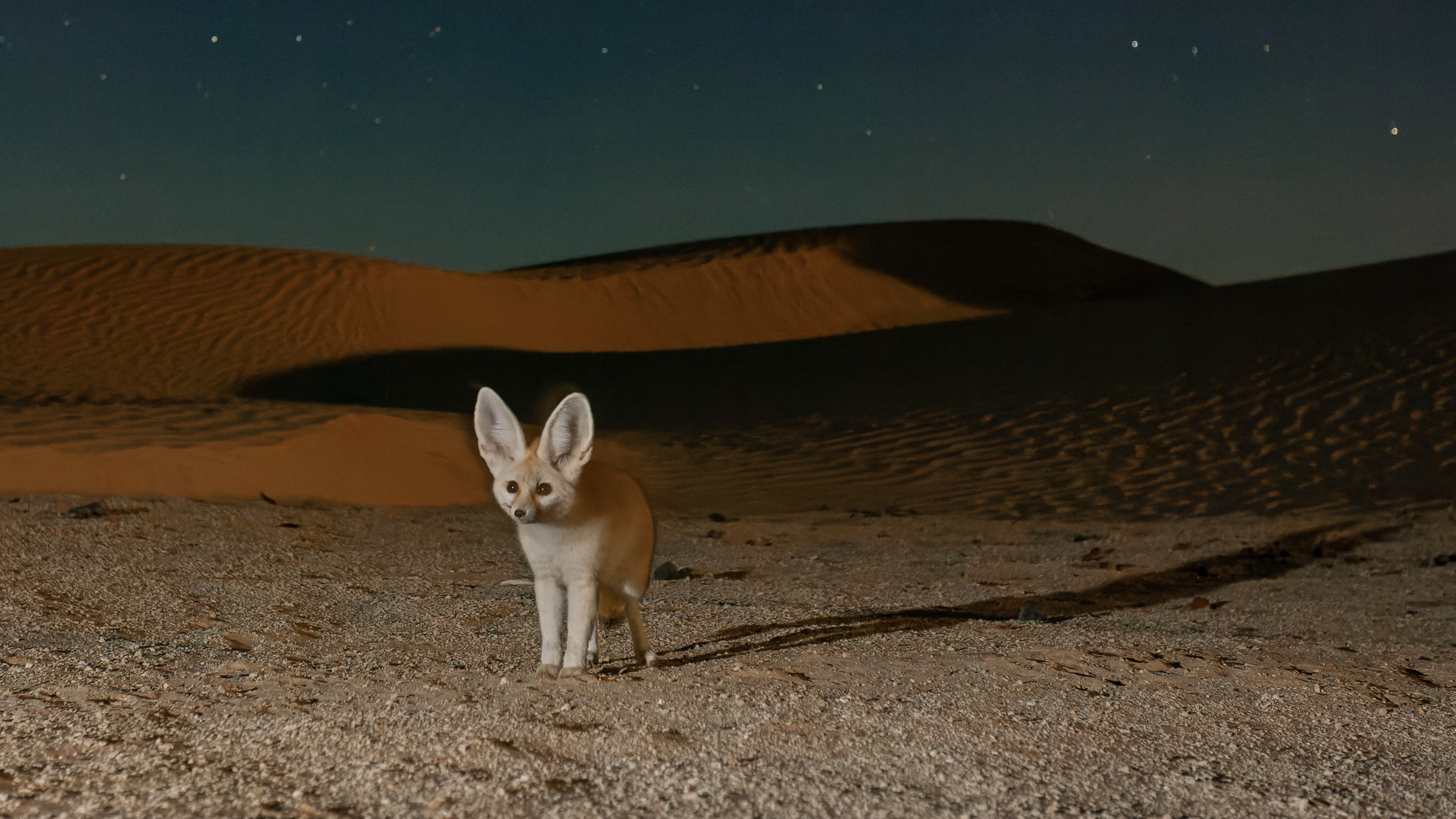
Episode Two: The New Wild
Mammals’ capacity to co-exist alongside humans in the modern world is showcased.
“Cheetahs in African reserves catch their prey alongside vehicles and tourists, but without these parks, there would be no cheetahs,” says Roger Webb. “We also show sea lions eating in a Chilean fish market.”
“And there are wolves living in a minefield on the Israel-Syria border and elephants in a town in Zimbabwe – one turns on a tap to drink!” reveals Scott Alexander.
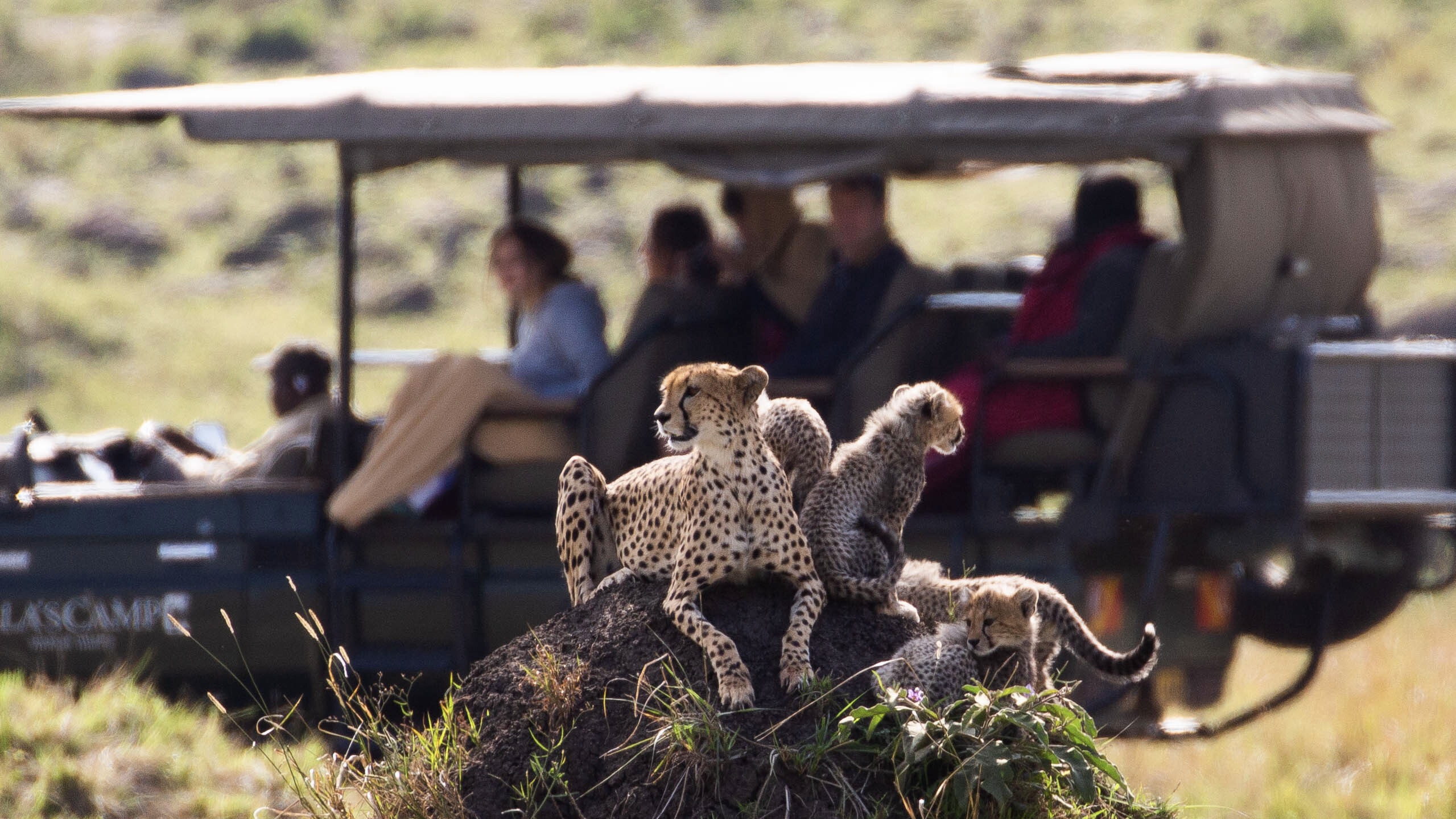
Episode Three: Water
Air-breathing mammals are seen negotiating the challenges of water.
“Some mammals spend their life in water, like the sperm whale, which dives almost a mile down and holds its breath for an hour,” explains Roger Webb.
“Macaques swim in Sri Lanka, orcas kidnap a humpback whale calf in Australia and false killer whales and dolphins cooperate in New Zealand,” adds Scott Alexander. “Marine mammals’ sociability is amazing.”
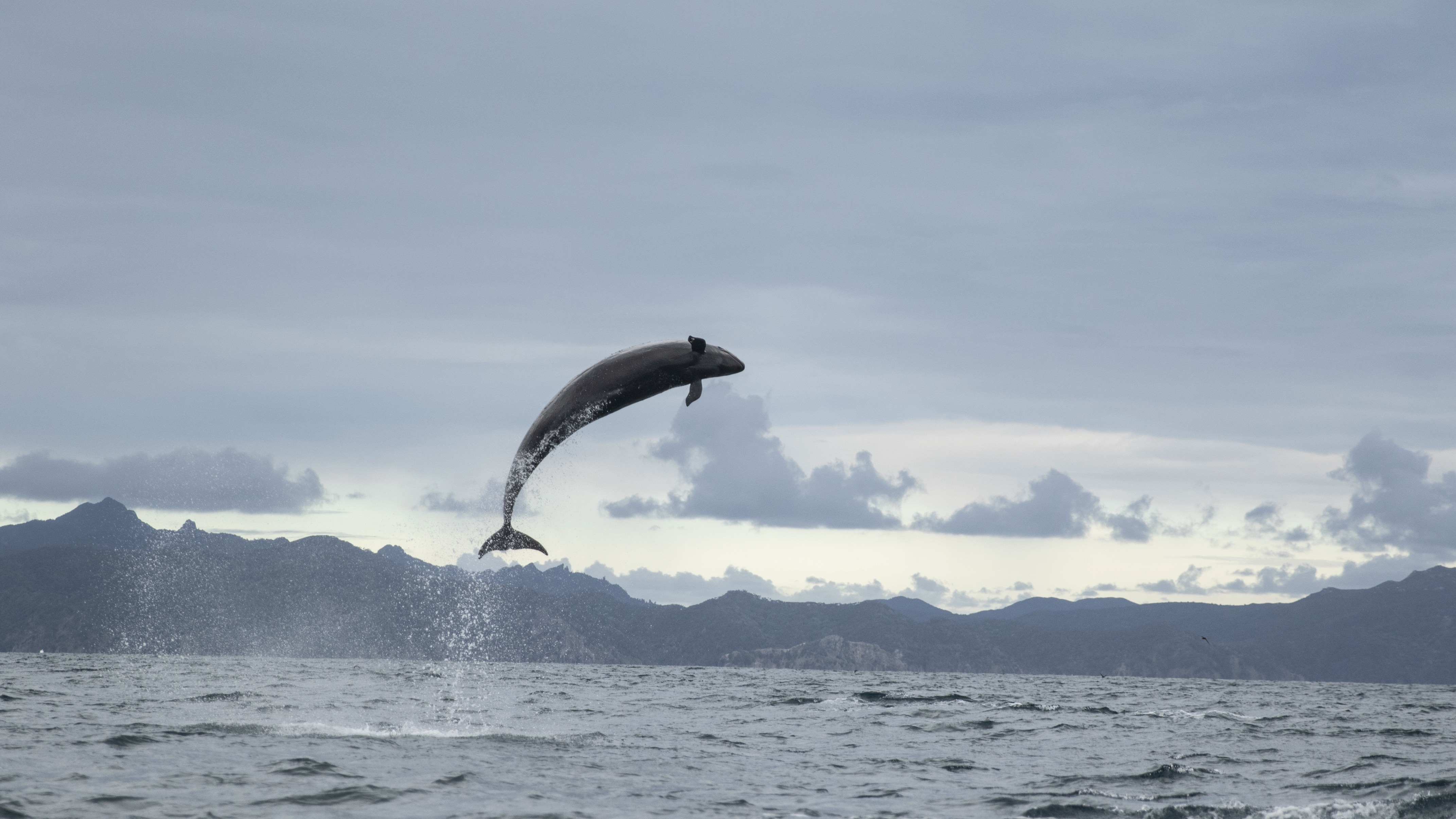
Episode Four: Cold
This episode examines how mammals’ hair, warm blood and ability to feed their young with milk help their survival in chilly climes.
“Harp seals in the Arctic are weaned in 12 days,” says Scott Alexander. “But we show the struggle of global warming with Arctic foxes in Canada and a polar bear in the Arctic hunting reindeer.”
“Then in Alaska, a wolverine drops food for his partner,” reveals Roger Webb. “We see her with a kit taking its first steps in the snow. It’s magical.”
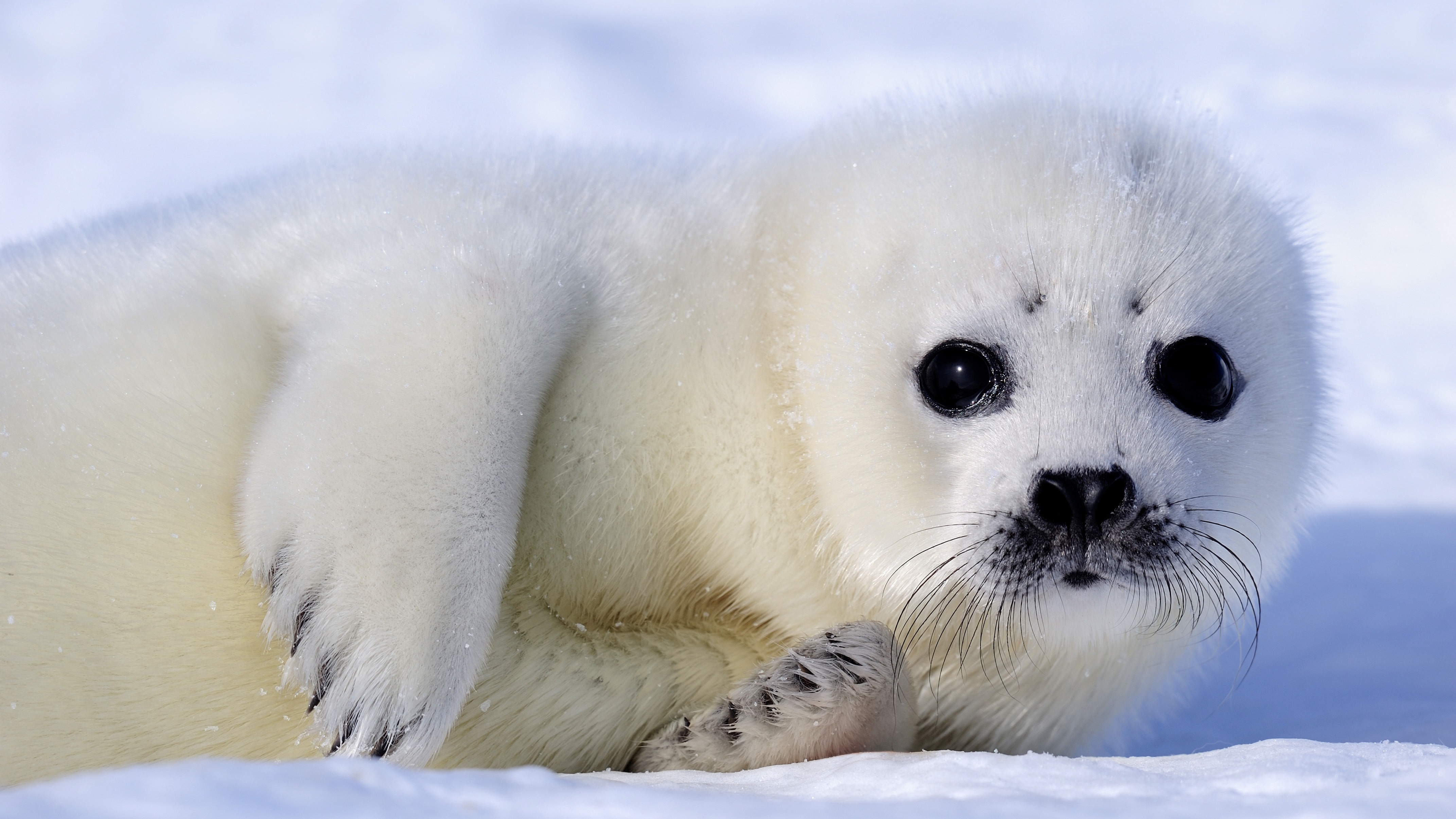
Episode Five: Heat
Mammals’ coping strategies in our hottest regions are explored in the penultimate instalment.
“We see mammals outcompeting reptiles,” explains Roger Webb. “A crocodile in Uganda guards its nest but when it goes into the water, a baboon nicks the eggs!”
“And to cool down, a sifaka lemur in Madagascar hugs trees , an echidna in Australia blows snot bubbles and giraffes in Namibia have inbuilt air conditioning with blood capillaries under their spots,” shares Scott Alexander. “While a camel in the Outback tries to impress the ladies!”
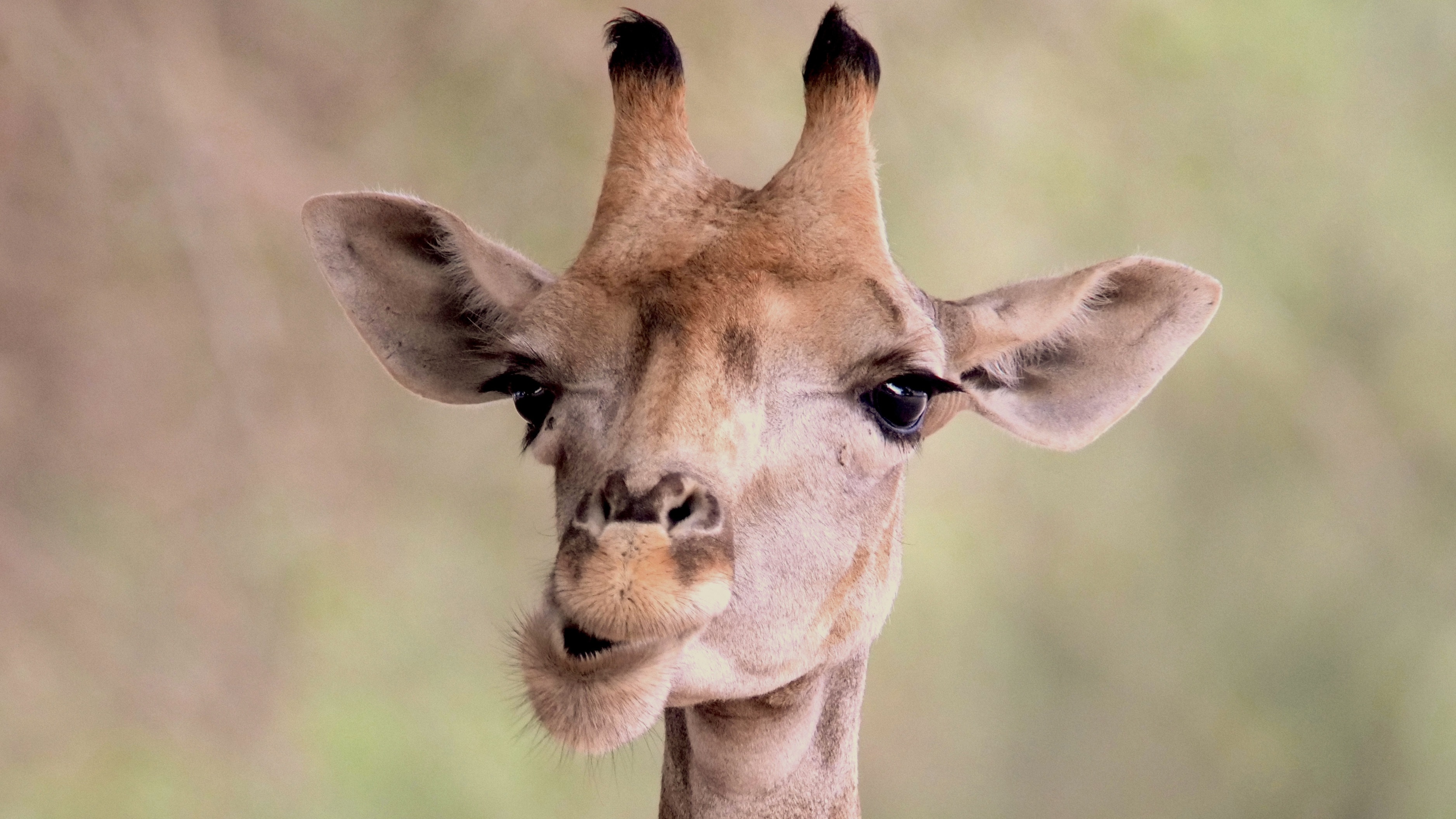
Episode Six: Forest
The finale reveals how mammals take advantage of rich forest resources.
“Chimps in Gabon get honey from underground, before hunting a monkey by stealth,” says Roger Webb. “There’s also a beautiful hunt by a tiger in India.”
“Then a mother tenrec in Madagascar loses sight of her young,” adds Scott Alexander. “But they rub spines on their back together and send out a noise only the tenrec can hear.”
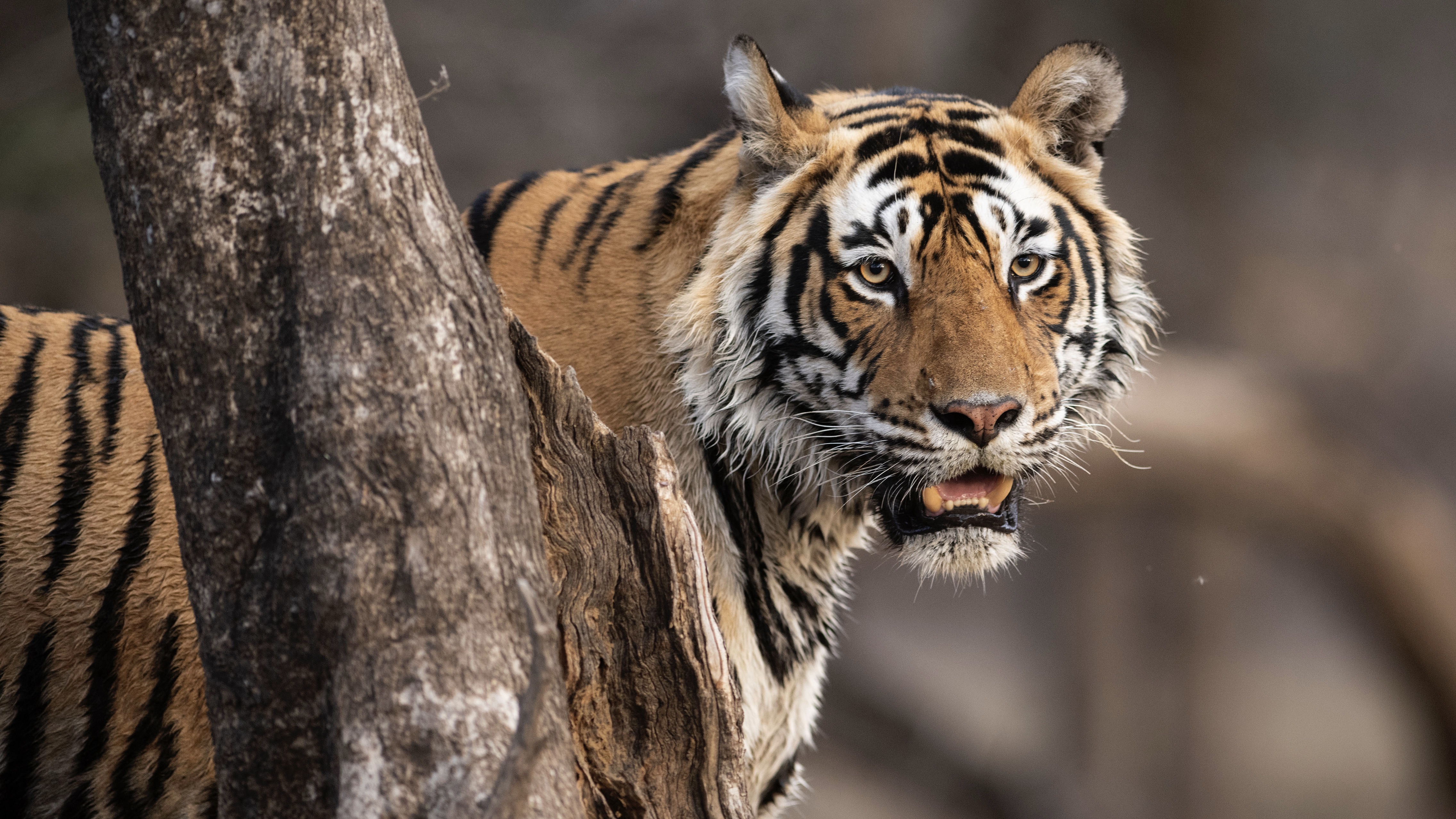
Is there a trailer for Mammals?
Yes, there are a few trailers for the new series, both showing the amazing footage and animals we will be treated to in the series. You can take a look below...







